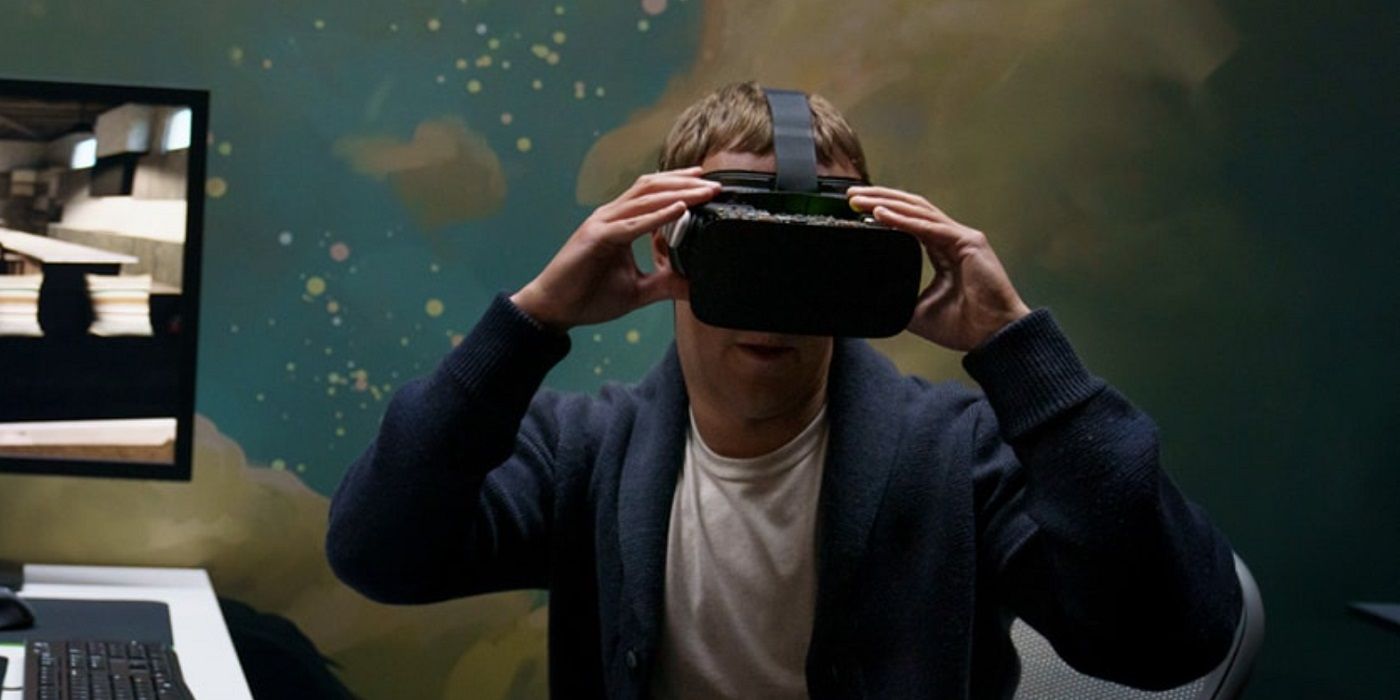Facebook has shared scant details about its upcoming metaverse, but a first look at prototype headsets might provide some insight into how it will operate. CEO Mark Zuckerberg has previously described the company's metaverse as "a persistent, synchronous environment" where people can gather, noting it will feature VR and AR components. Additionally, Zuckerberg suggested it will resemble a hybrid between existing social platforms, and incorporate some gaming features as well.
The term “metaverse” originated in science fiction, where several books and movies have portrayed characters using VR devices to immerse themselves in fantastical, digital worlds. Facebook’s metaverse is seemingly inspired by those ideas, yet it is different in that it will encapsulate both VR and AR elements. Though the two technologies are related, they are still distinctly separate. VR is about immersion in a computer-generated space, while AR overlays digital objects onto the real world.
Zuckerberg recently shared a photo where the Facebook CEO was wearing an Oculus-like device, noting that it is “next-generation virtual reality, augmented reality and artificial intelligence tech.” Shortly after, soon-to-be CTO Andrew “Boz” Bosworth posted a shot to Twitter wearing a distinctly different prototype, linking the headset to technologies that will underpin the metaverse. Based on the images, it's possible Zuckerberg’s Oculus-like device supports VR and AR, allowing the wearer to move seamlessly between those experiences. By contrast, Bosworth’s slimmer unit is more reminiscent of existing AR and MR devices like the Magic Leap One or Microsoft’s HoloLens. It's reasonable to consider then Bosworth's headset is designed to work with AR only, which in-turn could infer much of the metaverse may be centered on AR, rather than VR.
AR Might Be Better For Those That Don’t Like VR
At first blush, the idea of VR not being as major of an aspect of the metaverse as previously thought might sound counterintuitive. After all, Facebook acquired Oculus for $2 billion in 2014 and has invested heavily in the subsidiary ever since. However, AR could be the better technology to encourage participation in the metaverse. Many have avoided VR due to motion sickness and other associated issues that can occur when immersed in a fully digital world. AR is also better suited to those that don’t want to remove a headset for every real-world interaction. To this point, Facebook has demonstrated its work on a wrist-mounted AR controller. It’s reasonable to consider an AR headset and arm-based wearable would be a better combination for many spaces, such as an office, school, or family home.
Still, as Zuckerberg indicates, development of the metaverse and the products that will support it are still at an early stage. It’s possible that many decisions about how it will operate are still a long way from being decided, and that these prototype devices are being developed to simply help inform those choices. While Zuckerberg and Bosworth are showing off differing products, it’s worth considering that when Facebook's multiverse does actually become reality, consumers may be using an entirely different device to access it.
Source: Mark Zuckerberg/Facebook


